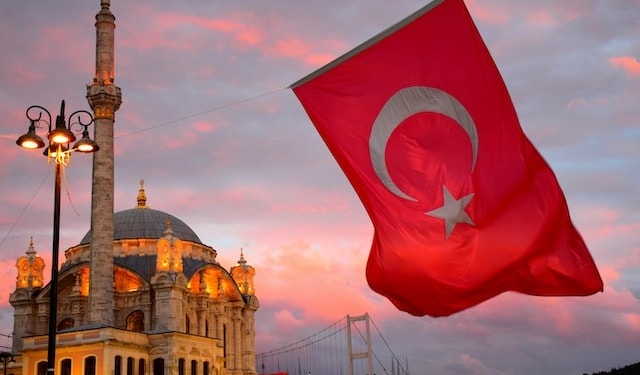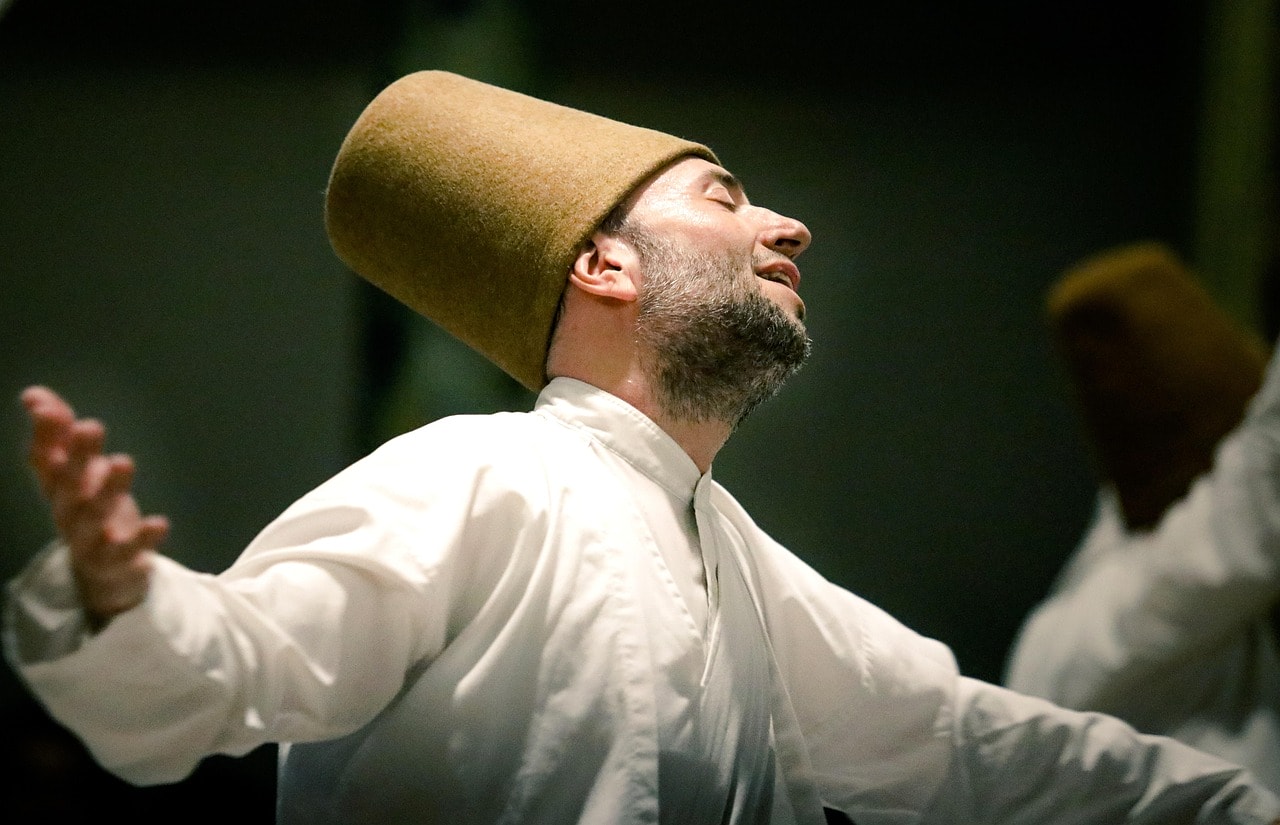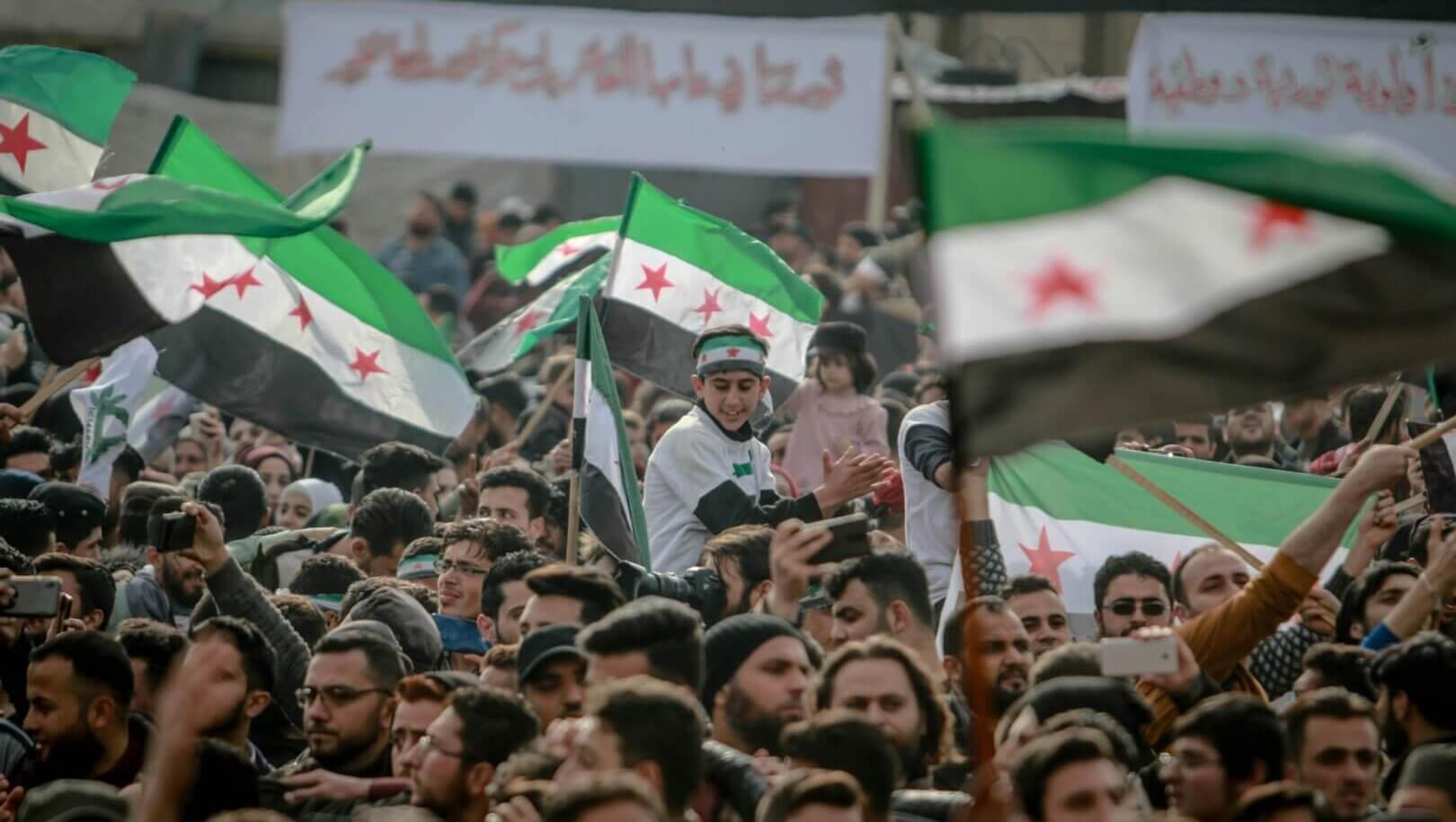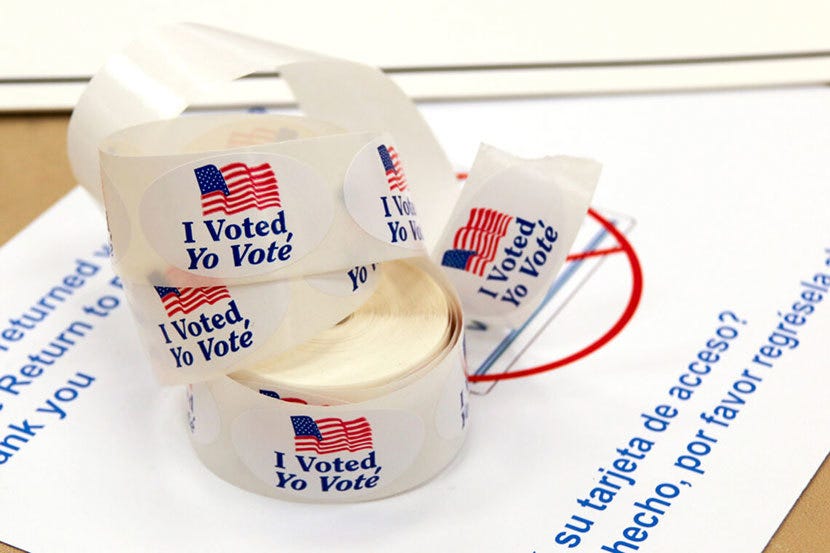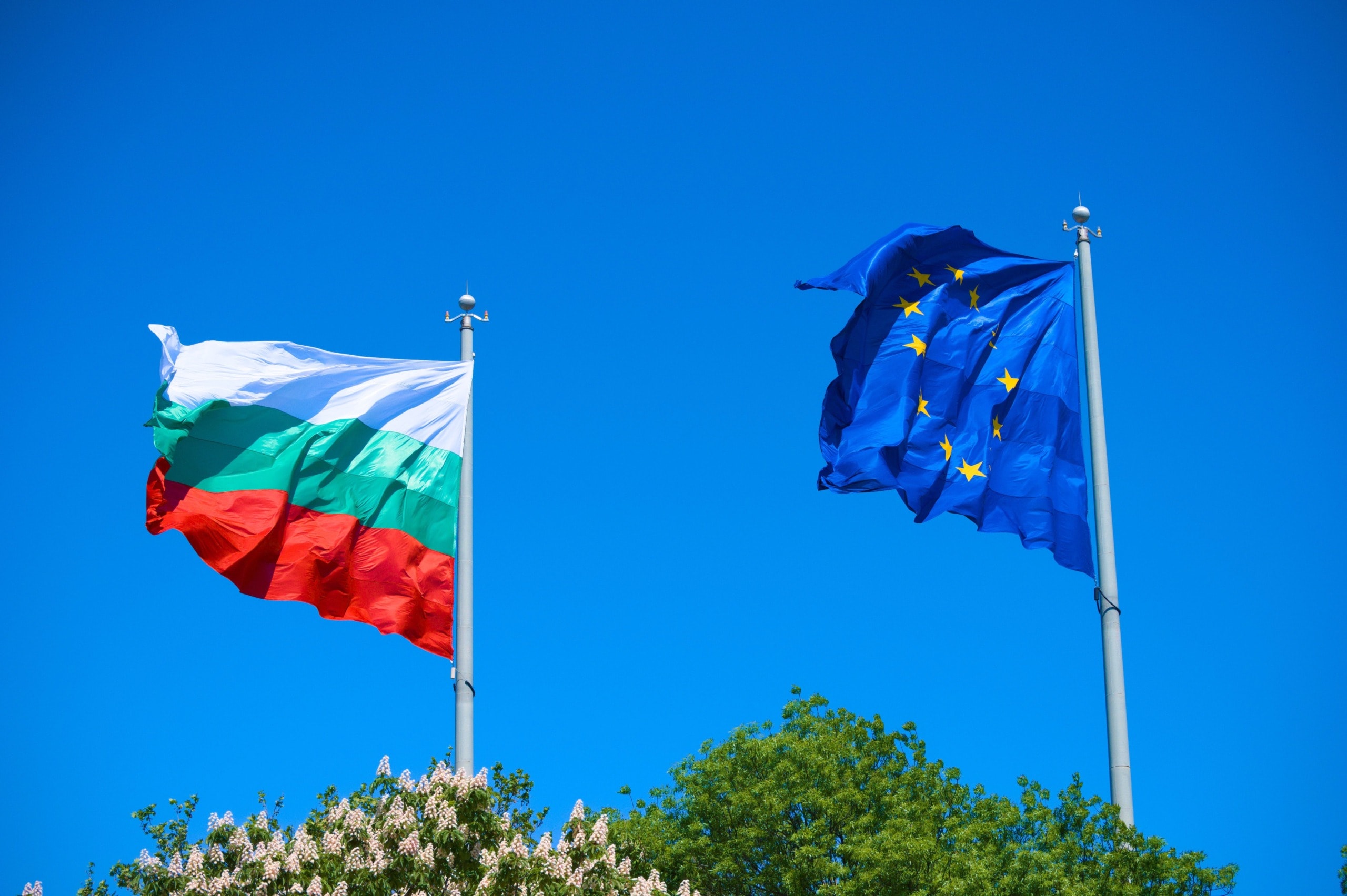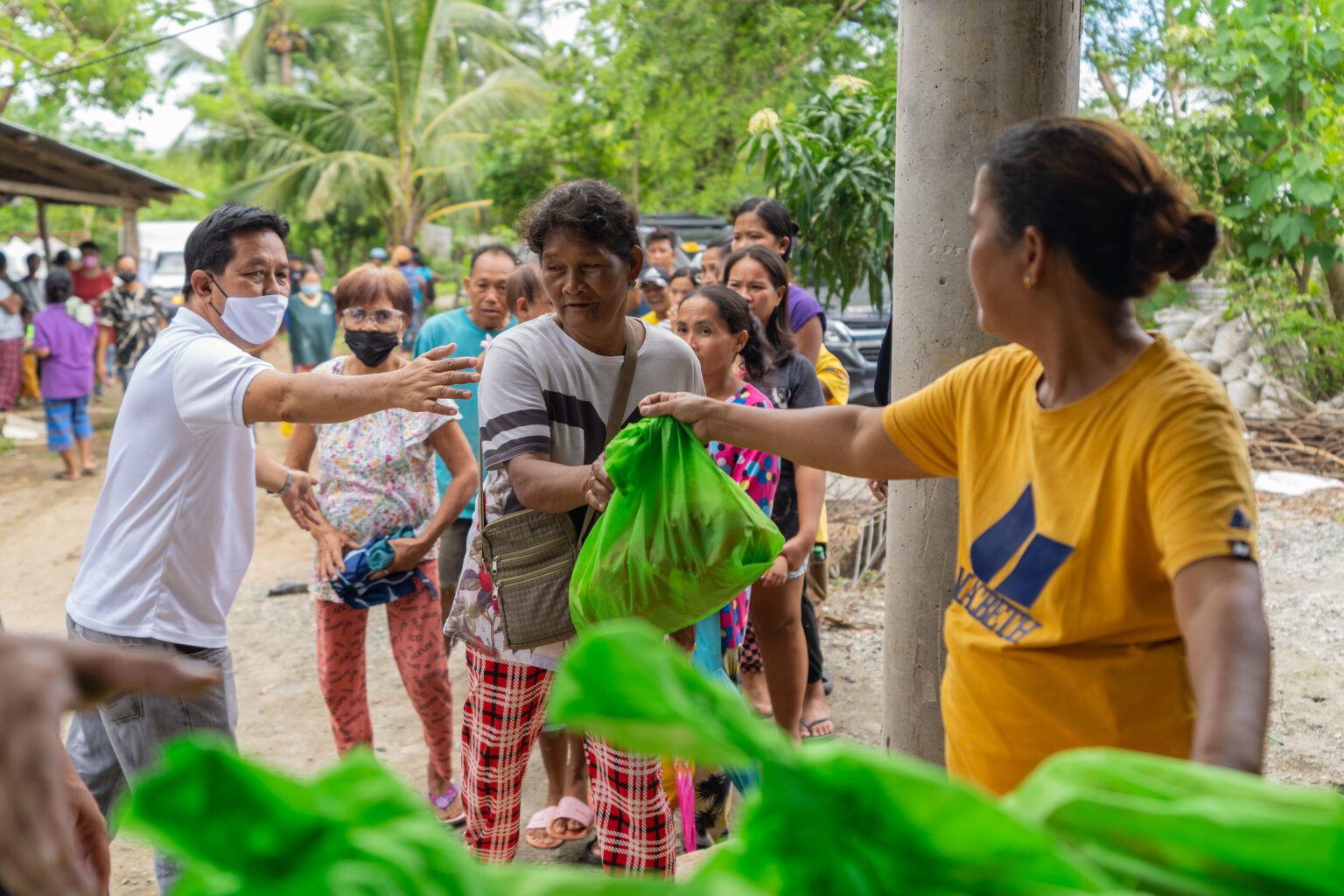One of the most important elections of 2023 is currently taking place in Turkey. The outcome of this election will shape the foreign policy, economic trends, and democratic stance of the country for the next five years.
The two candidates fighting for the job are incumbent President Recep Tayyip Erdoğan and Kemal Kılıçdaroğlu. President Erdoğan has been the head of state for twenty years, first as prime minister from 2003 to 2014, then as a third-term president, having transformed the parliamentary system of the country into a Presidential one.
Yet, his position is being contested, with a runoff election set to take place on May 28. Although Erdogan has been leading the poles, gathering 49.5% of Sunday’s votes, Kılıçdaroğlu has still proven himself to be a worthy opponent, getting 44.89% of the total votes. Just over 5% have gone to the third candidate, Sinan Ogan.
🇹🇷
The Central Election Commission of Turkey has officially announced the second round of presidential elections in the country, scheduled for May 28. None of the candidates won 50% of the vote.Results of the first round:
Recep Tayyip Erdogan – 49.51%
Kemal Kilicdaroglu -… pic.twitter.com/IbyZA0PBrS
— Sprinter Press News (@SprinterPress) May 15, 2023
The following questions arise: Who is the man capable of posing such a threat to Erdogan’s hegemonical rule, and what would a change in leadership mean for the country?
Recep Tayyip Erdogan
Erdogan’s first elected position was in 1994 when he became the mayor of Istanbul. During his term, he successfully tackled many of the city’s problems that came with its rapidly growing population, including air pollution, clean water, and trash overflowing the streets.
His term, however, ended with him in jail for a four-month sentence and a ban from politics after reciting a discriminating, religiously-controversial poem. Nevertheless, he founded the Justice and Development Party (AK Party) two years later, which went on to win the 2002 elections, despite Erdogan not being able to take on the role of Prime Minister until March of the following year.
The AK Party’s success stemmed from the domestic financial crisis that crippled the country following a disastrous earthquake.
Erdogan’s first decade as the Prime Minister of the country bought about a lot of democratic reforms, such as Turkey’s attempt to join the European Union and the decrease of the military’s role in the country’s leadership. He also made headway on women’s rights and health care, and tackled discrimination issues against minorities.
The first decade of his leadership saw an expansion in Turkey’s middle class through increased accessibility to credit and the undertaking of substantial infrastructure projects which provided a lot of jobs.
Gross domestic product per capita tripled from $3,600 in 2002 to $11,700 in 2012.
The following decade, however, has seen a lot of these changes reversed. His rule became more authoritarian with increased media control, the rise of political Islam, and economic disasters.
After a failed coup in 2016, Erdogan clamped down on the opposition, sending tens of thousands of people to jail. Over 300 people died in the fighting between the military behind the coup and Erdogan’s supporters, which overtook the street and turned the tide of the attempt.
Erdogan’s response downgraded Turkey’s standing in the Freedom House ranking from “partly free” to “not free” in 2016.
In 2017, Turkey became a presidential country, instead of a parliamentary one.
Economically, Erdogan started losing popularity after inflation reached 85% in October 2022, and the Lira fell to one-tenth of its value over the last decade.
The awful earthquake in February further brought Erdogan’s support down and opened up a window for his opposition to fight for office.
Kemal Kılıçdaroğlu
Kemal Kılıçdaroğlu is the face of the opposition, having successfully rallied six parties to overtake Erdogan.
He is a soft-spoken former accountant, antithetical to Erdogan in his rhetoric and composure. He became the leader of the Republican People’s Party (CHP) in 2010 after his predecessor was forced to resign when a video of his extra-marital affair was leaked.
Kılıçdaroğlu is an experienced and determined politician, despite being one of the most targeted politicians in Turkey and surviving multiple violent attacks.
His party “embraced all the different colours in the country” throughout his leadership, putting forward a very inclusive stance.
Related Articles: Brazil Under Lula: How Have Things Changed? | Sudan’s Past and Present, a Gross Miscalculation | What Is the Dutch Disease and How Could It Help End the War in Ukraine?
Kılıçdaroğlu is modest and relatable, posting social media videos from his kitchen and promising not to live in an overly lavish presidential palace. He stated that he would decrease the number of planes, vehicles and state buildings used by the presidential staff to cut costs.
His signature sign is a heart-shaped gesture with his hands, a trademark that took over social media with young voters expressing their support by reposting a heart-shaped emoji.
He is the chosen candidate for not only the CHP party, but also for the Table of Six, otherwise known as the Nation Alliance, a coalition of six parties from all over the political spectrum, divided in most of their goals but aligned in ousting Ergdoan.
The collaboration of the coalition and Kılıçdaroğlu’s role as its head is remarkable as it has been impossible to gather enough votes to win over Erdogan in the past due to significant divisions within the opposing parties.
What is at stake?
This election is a pivotal moment for Turkey, and Erdogan understands that. To try and secure the role of President for another five-year term, he has distributed multiple incentives to voters.
For instance, he increased government workers’ pay by 45% five days before the election, reduced electricity prices overnight, and provided free gas to households less than a month before the elections.
Unfortunately for him, this was not enough for a win in the first round.
It appears the promises that a change in leadership brings are more valuable than these incentives.
The economic situation in the country has been degrading at exponential rates for the past couple of years under Erdogan’s management. He compromised the independence of the Central Bank, trying to keep interest rates low despite the soaring inflation.
Food prices have surged 69.3% in February from last year, according to the Organization for Economic Cooperation and Development (OECD). People are hungry and cannot afford food.
Overcoming such a dire economic situation will be in the hands of the President.
Kılıçdaroğlu has acknowledged the food crisis by using onions, a staple in Turkish cuisine, as one of his props in his campaign videos.
Kılıçdaroğlu has promised to return to a more orthodox economic policy, telling Reuters:
“We need to appoint someone who is trusted by financial circles as the head of the central bank. This is the first thing foreign investors will see. Plus, we will ensure the independence of the central bank.”
Furthermore, Erdogan’s policy of interference with floating exchange rates and currency depreciation would end.
On the political side, Kılıçdaroğlu has promised to bring back the Parliamentary system that was abandoned in 2017. This would bring Turkey back from an authoritarian leadership and set an example for a democratic transformation for other countries.
Critics often argue that Erdogan’s government has silenced opposition, clamped down on rights, and participated in judicial corruption.
Indeed, Ishaan Tharoor from the Washington Post argued that Edorgan’s government set “a blueprint for indefinite electoral autocracy built on majoritarian grandstanding, divisive culture wars, anti-Western grievance and paranoia about domestic and foreign plots — not to mention the capture of key state institutions, the intimidation and arrest of dissenters and civil society members, and the steady erosion of the country’s free press.”
Most importantly, a return to democratic leadership in Turkey would serve as an example to follow for other countries, like Hungary and India, who have been “chipping away at democratic institutions,” in Erdoğgan’s manner.
Furthermore, on the worldwide stage, the leader of Turkey will dictate its consequential foreign policy.
Turkey is a NATO member (since 1952) whose army is the second-largest in the alliance. It positions itself as a strategic partner of the EU while holding close ties with Russia — especially in recent years when Turkey bought weapons from Moscow despite Washington’s protests.
Simultaneously, its close relationship with Russia allowed the negotiation of an important grain export deal between Ukraine and Russia.
Still, despite these ties with Russia, Turkey supplied Ukraine with drones that helped to counter Russian attacks. Turkey also voted to sanction Russia in the UN General Assembly, albeit not closing off its airspace or implementing any sanctions.
Both on March 2, 2022, during the emergency UN Assembly where it was demanded that the “Russian Federation immediately, completely and unconditionally withdraw all its armed forces from the territory of Ukraine” and during the one-year mark of the War at the February Assembly in 2023, Turkey sided with the majority of the world in condemning Russia.
Kılıçdaroğlu’s potential win could indicate Turkey’s rapprochement with NATO countries, following a Westernized approach and collaborating more closely with EU members.
This would have importance for Sweden, whose NATO membership has been stalled by Turkey.
The runoff elections that will take place on May 28 will thus have significant consequences for the future of Turkey, global politics and democratic countries worldwide.
Sinan Ogan, Turkey’s third presidential candidate who gathered 5.17% of the votes in the first round, has not endorsed any candidate yet, but his votes will be crucial for either candidate to break the 50% threshold.
Editor’s Note: The opinions expressed here by the authors are their own, not those of Impakter.com — In the Featured Photo: Turkish flag Featured Photo Credit: Meg Jerrard


